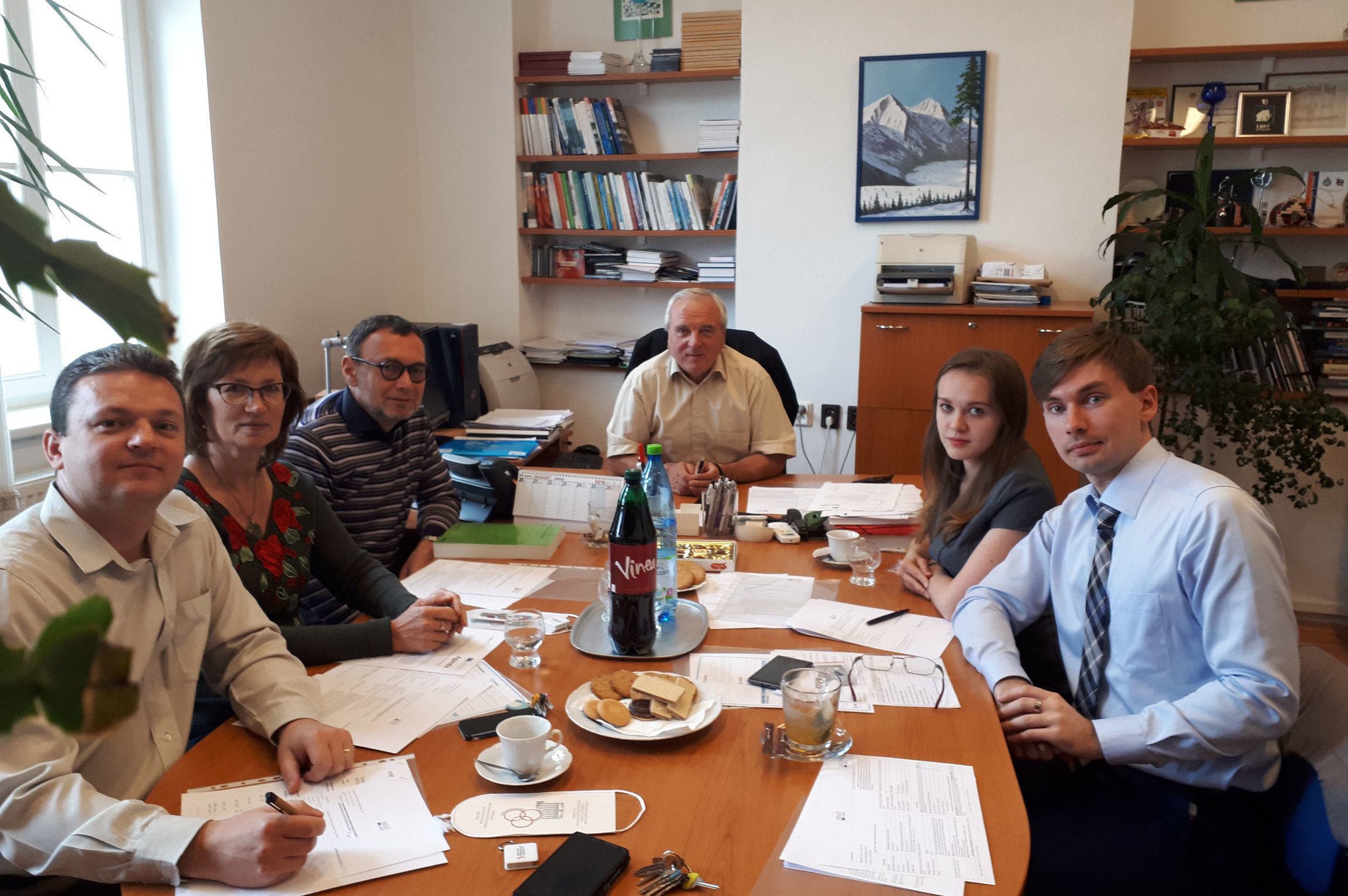Training on curriculum development and course content at TUKE (A3.2.1)
Posted on July 27th, 2018
| Date: | 14th – 18th May 2018 |
| Venue: | Technical University in Košice; Faculty of Electrical Engineering and Informatics; Department of Electric Power Engineering FEI TU; Mäsiarska 74; 042 01 Košice; Slovak Republic |
| Organizer/Host: | Technical University in Košice |
| Meeting description: | A3.2.1 Training on curriculum development and course content; aim: P3, P6, (P9) through discussions will work together on selected 2+2 courses which in their common opinion form the core master curriculum in SES field. There will be taken into account also interconnections among the Russian and Vietnamese universities possibilities to applying them into educational process. The proposed achieved learning outcomes will be considered by the set of stakeholders’ expertise and EU framework requirements. |
| Meeting preparation: | Name tags; agenda; paper and pens; water; room with presentation equipment (PC, microphone, projector, pointer, etc.) for 10–15 people; coffee break/lunch, etc. |
| Attendees: | P3; P6; (P9) according to the participant list (registration) |
Some photos from the visit:
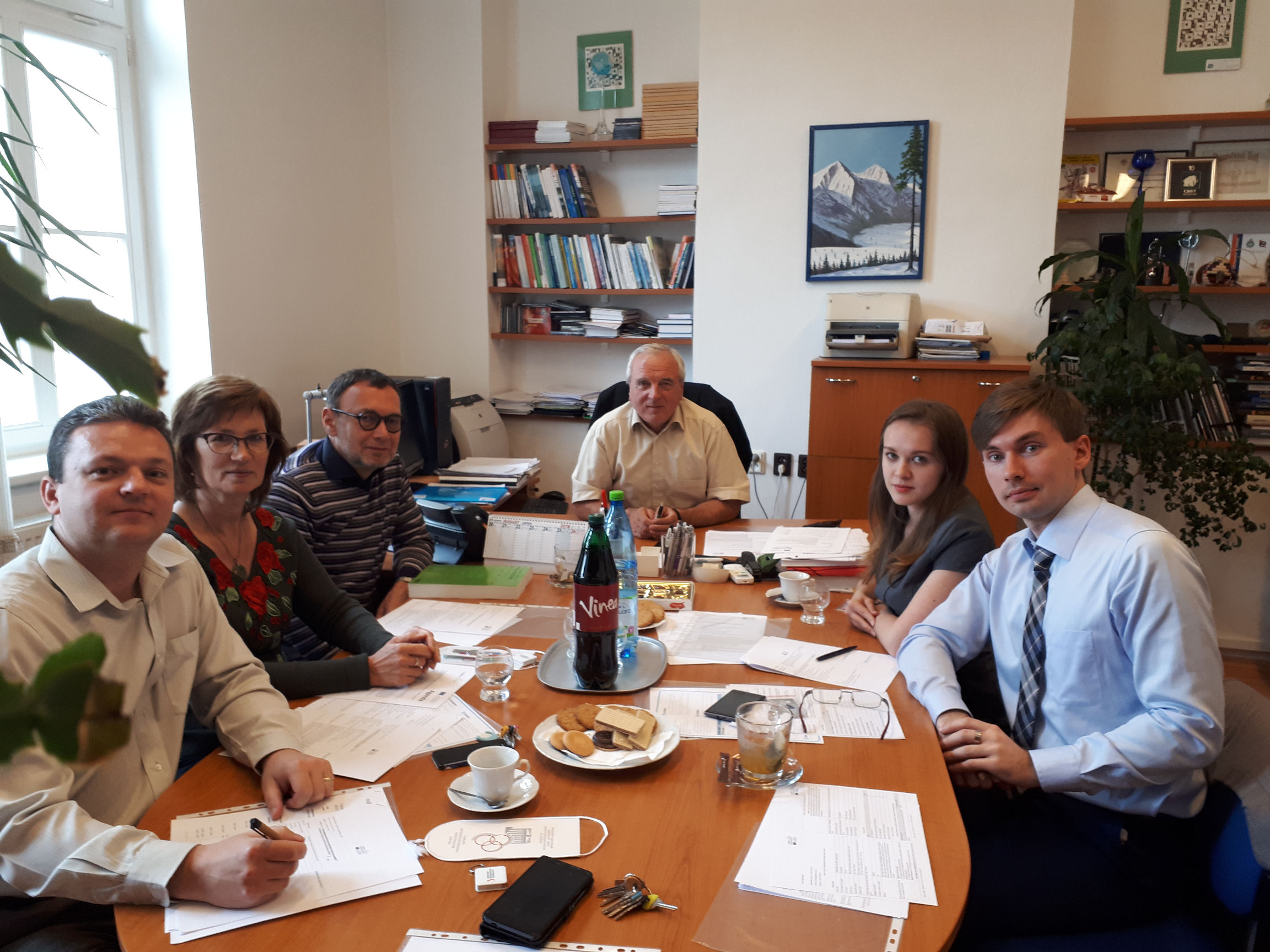 |
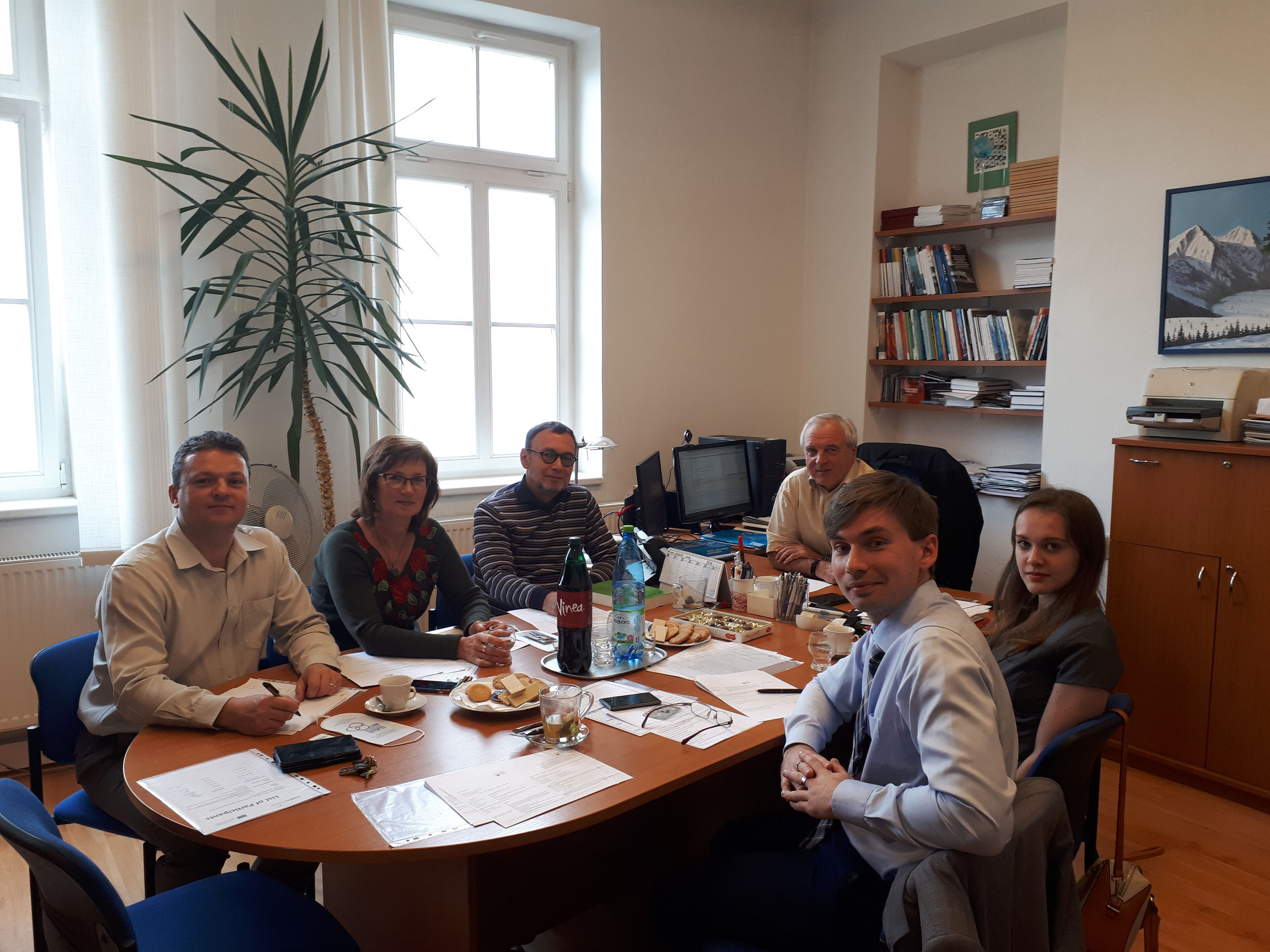 |
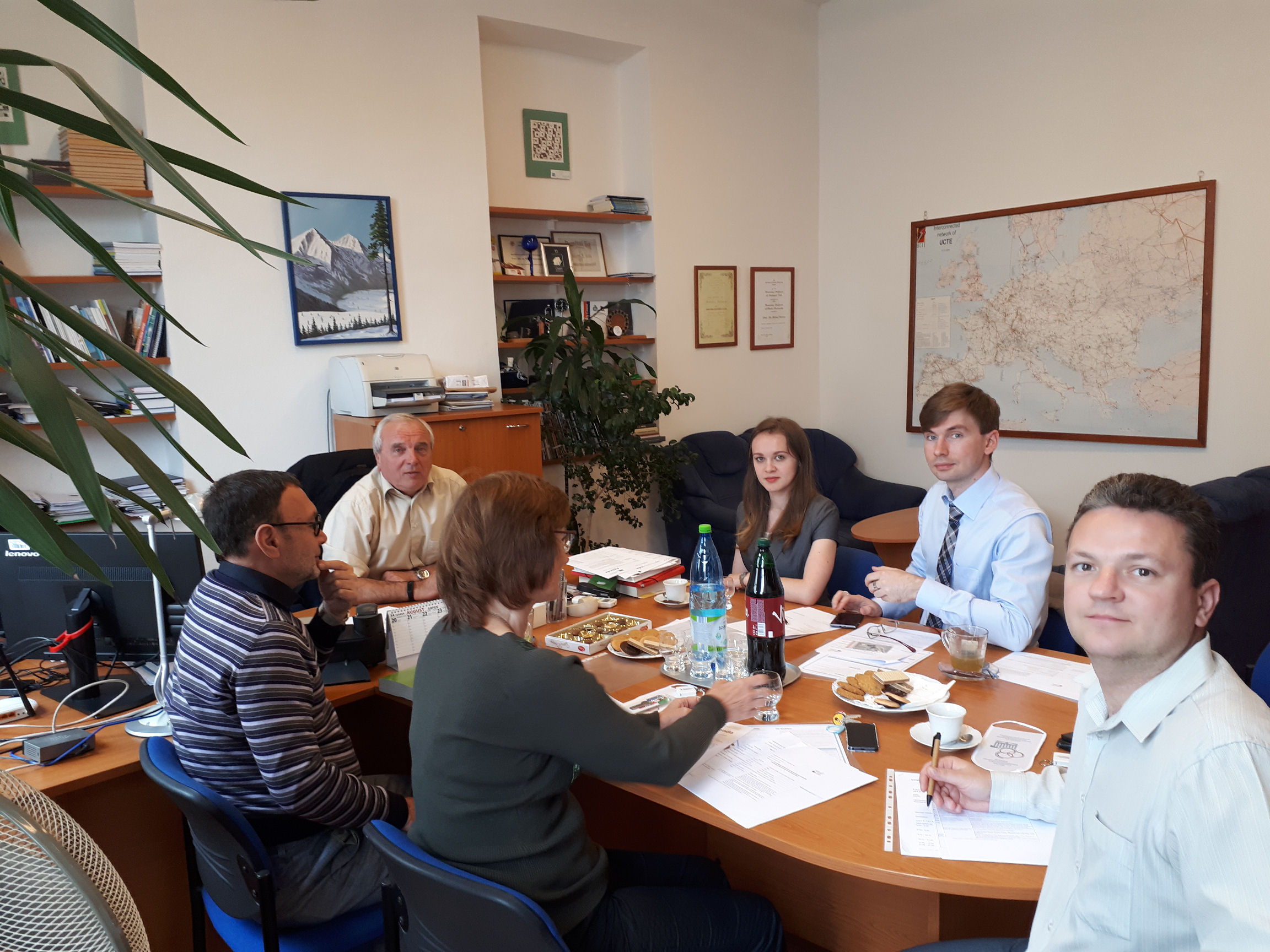 |
||
 |
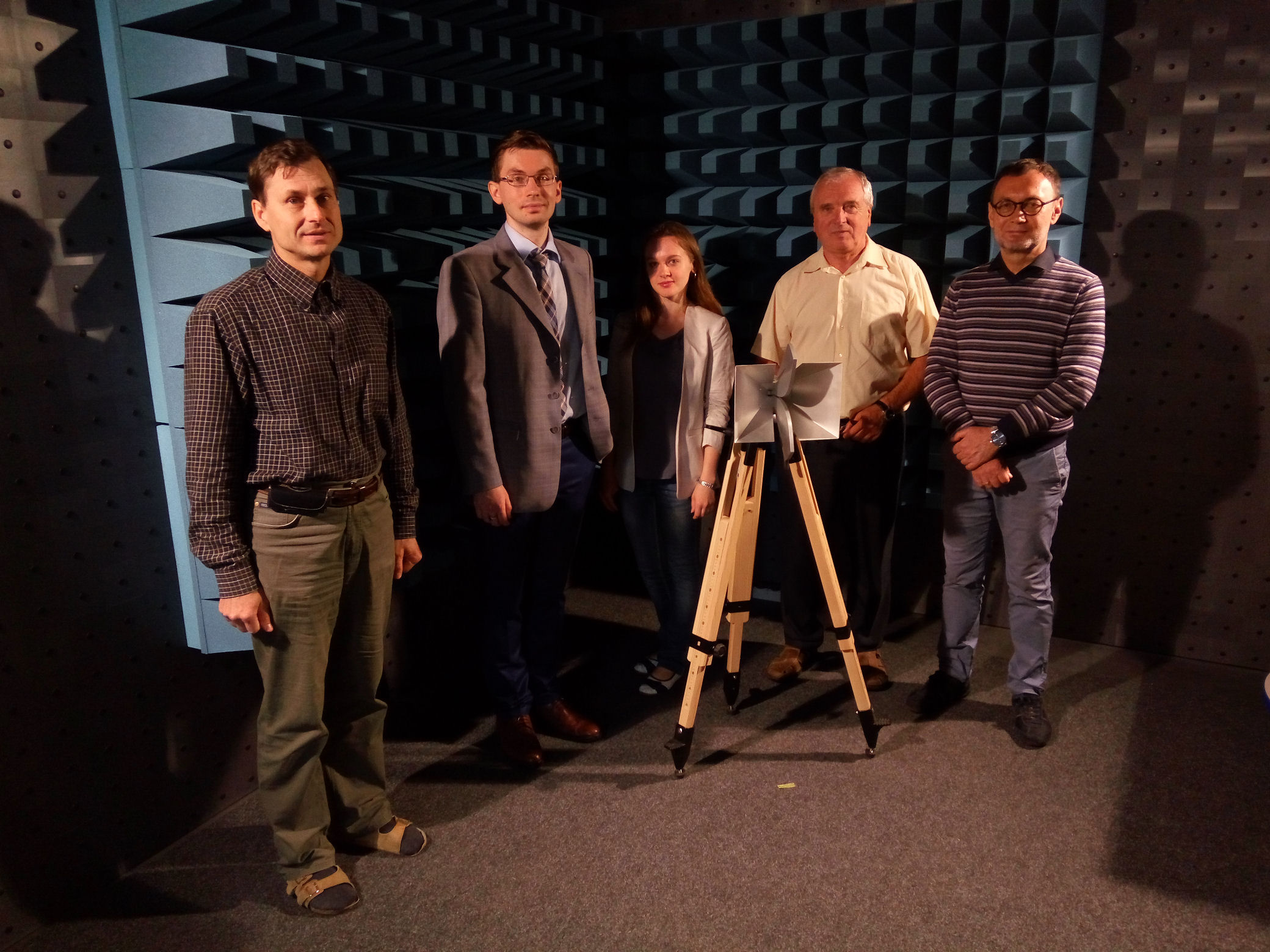 |
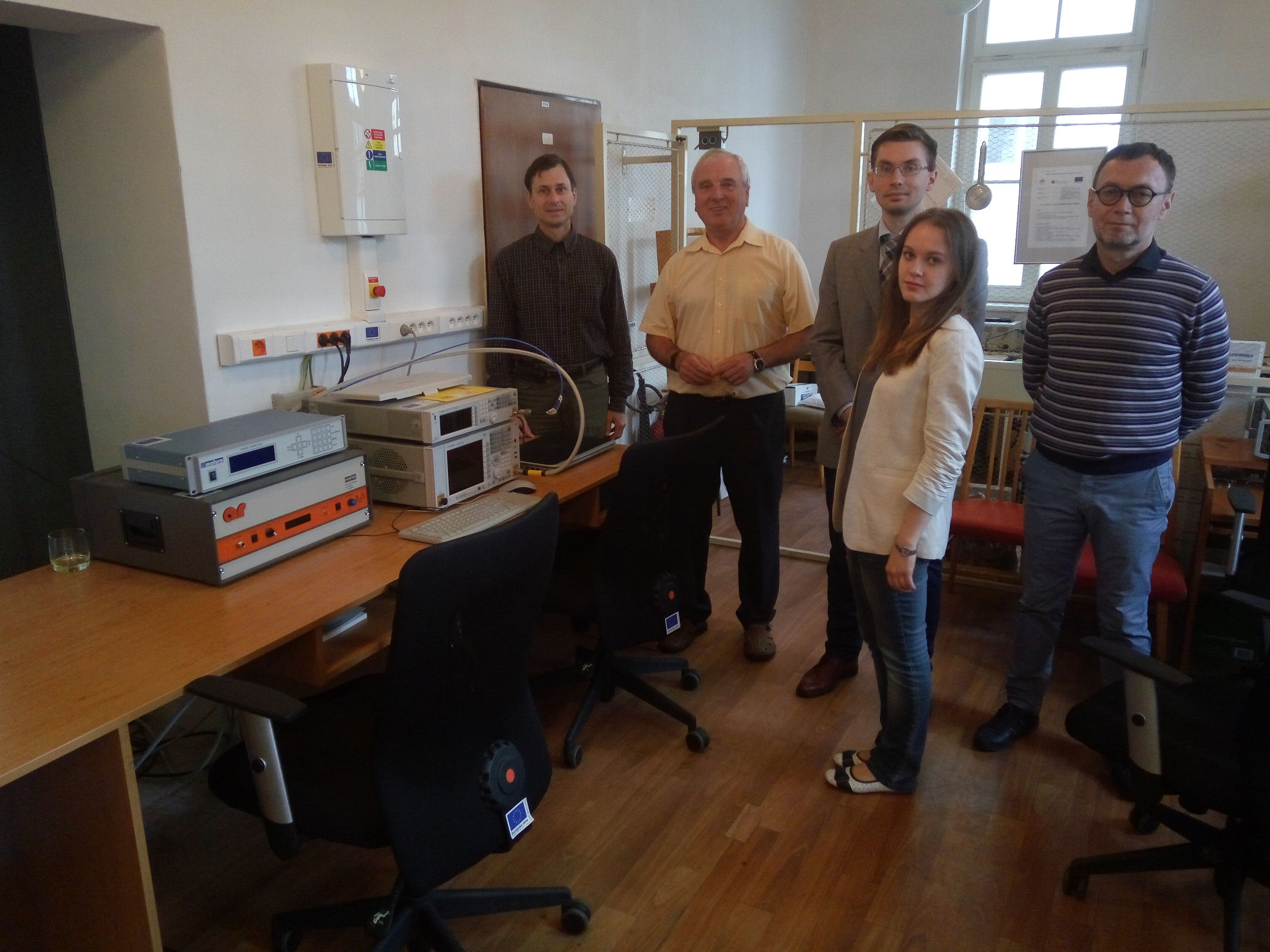 |
According to a proposed time table of the project there was realized the visit of project’s partner P6 – Ural Federal University (UrFU) at Technical University in Košice during the week 14th – 18th May 2018. There were discussed various fruitful topics that were necessary for justifying the curriculum on chosen courses (mostly for the courses that will be covered by UrFU: Technologies of energy conversion in Smart Energy Systems; Artificial Intelligence and Machine Learning in SES).
During this week there were discussed the following topics:
- Brief welcome and training opening by WPL3
- Presentations by P6 and (P9) (15 min each)
- Inspection of department laboratories
- List of courses and discussion
- Analysis of the current syllabi content
- Content of courses and discussion
- Adjustment of detail requirements for curricula content:
– achieving the intended learning outcomes (ILOs)
– content of syllabi
– applying the supposed teaching techniques - Inspection in specific department laboratories
– testing equipment and devices - Inspection in Regional Power Distribution Centre (VSE, a.s.)
– control centre (electricity distribution)
– intelligent measuring devices
– smart metering - Discussion on syllabi content (courses content)
- Customisation of requirements for courses content:
– achieving the intended learning outcomes (ILOs)
– content of courses
– risk management of the supposed teaching techniques - Brief opening for implementation of courses
- Implementation of suggested courses at universities
- Interconnection among the Russian and Vietnamese universities
- Considering the stakeholders, expertise and EU framework requirements
- Opening to implementation of courses content
- Implementation of suggested courses content at Russian and Vietnamese universities
- Procedures to mounting the suggested courses at the Russian and Vietnamese universities
- Adjusting and modifying the courses syllabi according to EU framework requirements
- Setting the main milestones to cooperate during the courses content development
- Allocation of persons, time, knowledge to course content development
- Opening to review and assistance to implementation of courses content
- Review, implementation and assistance during the implementation and development of course content
- Procedures to checking the implementation and setting the corrections to development of courses content at the Russian and Vietnamese universities
- Conclusion from the discussion on Training on curriculum development and course content (A3.2.1)The realised visit fulfill the proposed aims of the visit and there were achieved the targeting settings (2nd draft of the syllabi content). Partner of the project P9 – Ho Chi Minh City University of Technology and Education (HCMUTE) realised the visit two weeks later at the university of project coordinator – Riga Technical University (RTU).
Prepared by Dusa Medved




